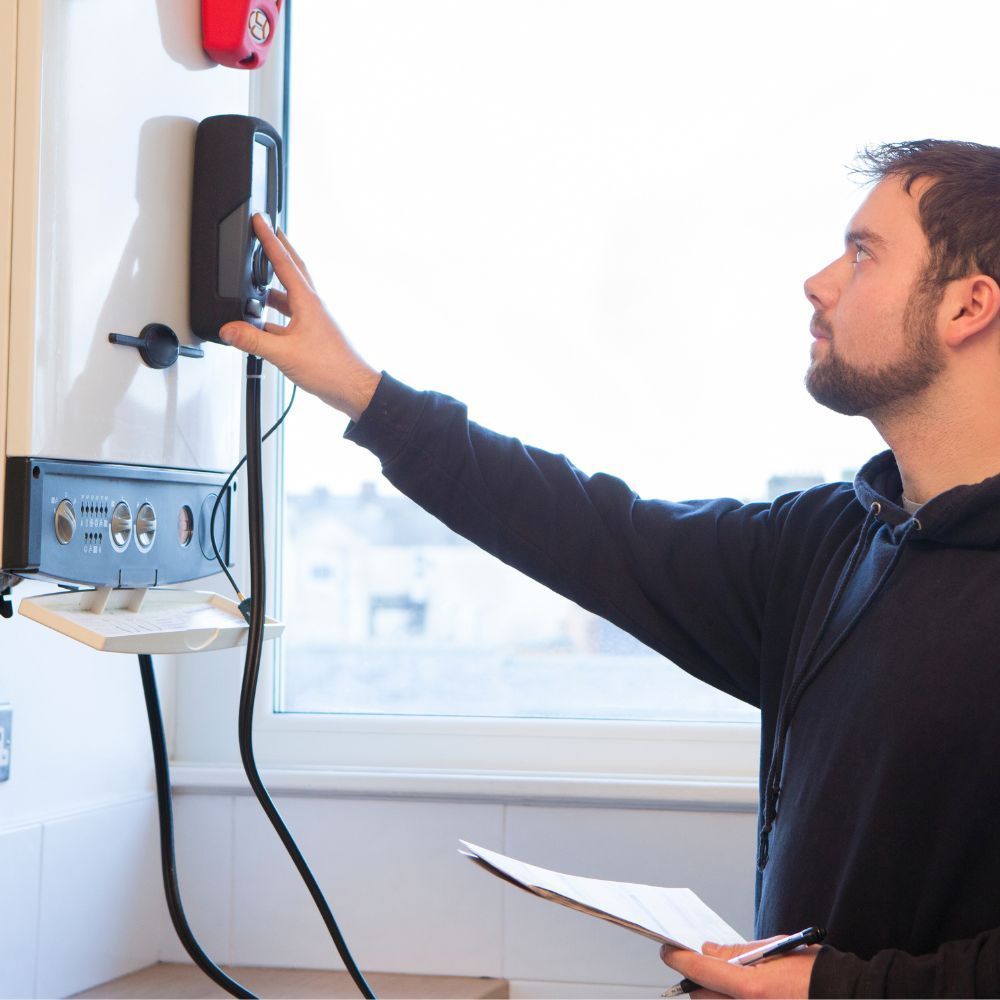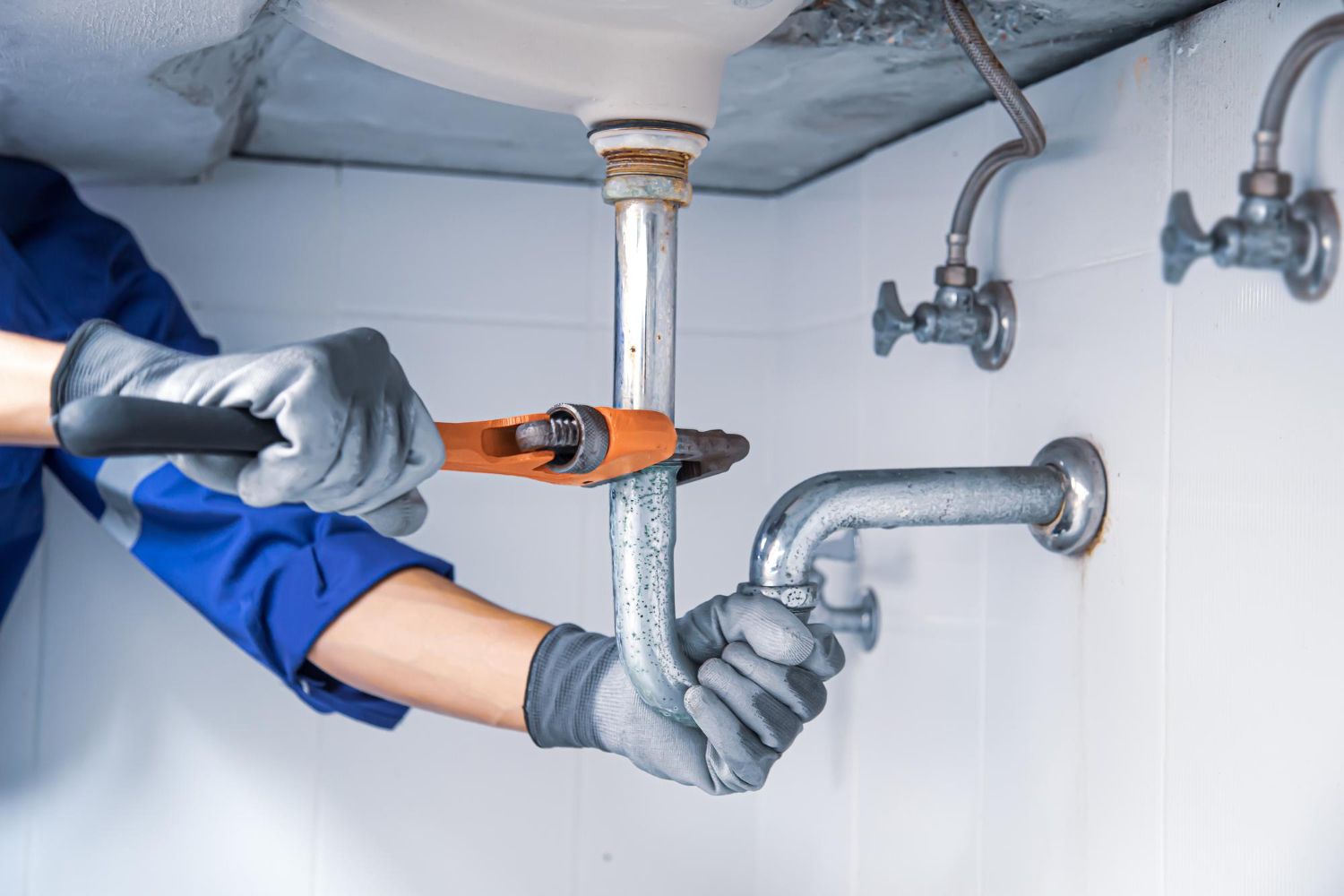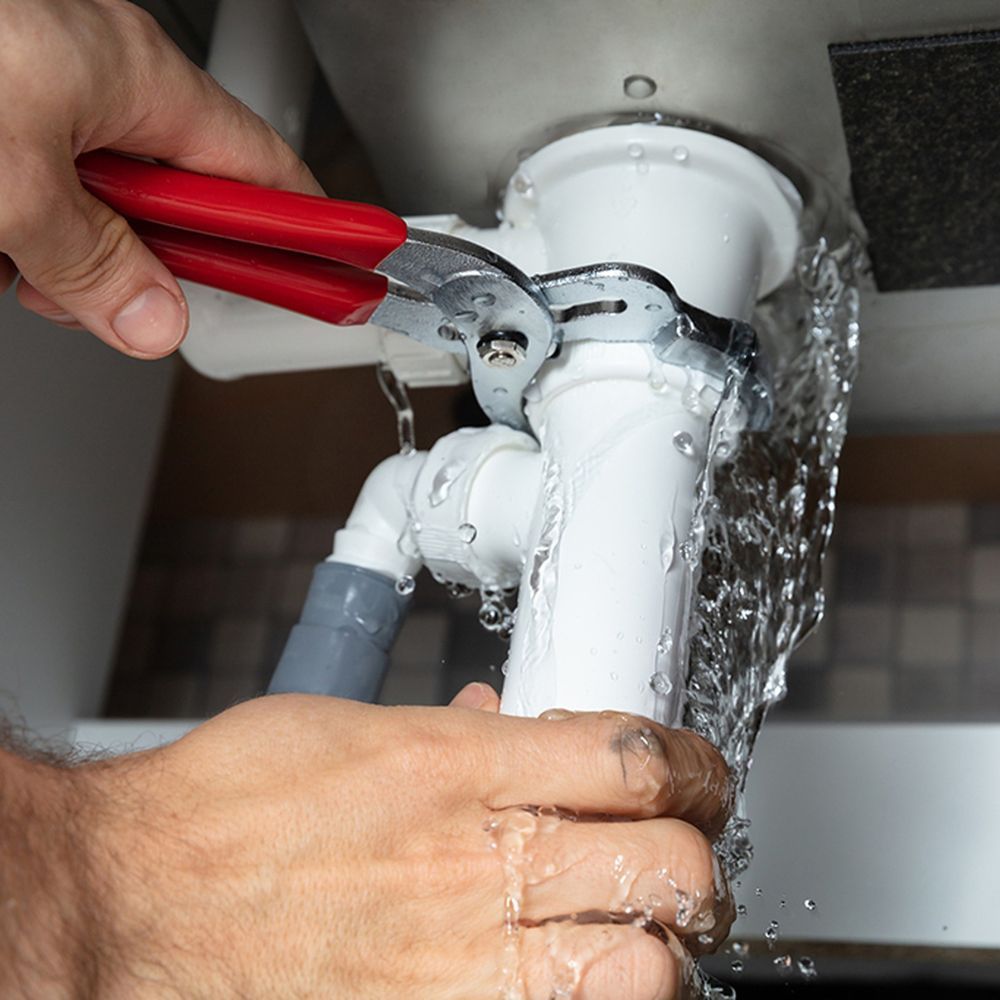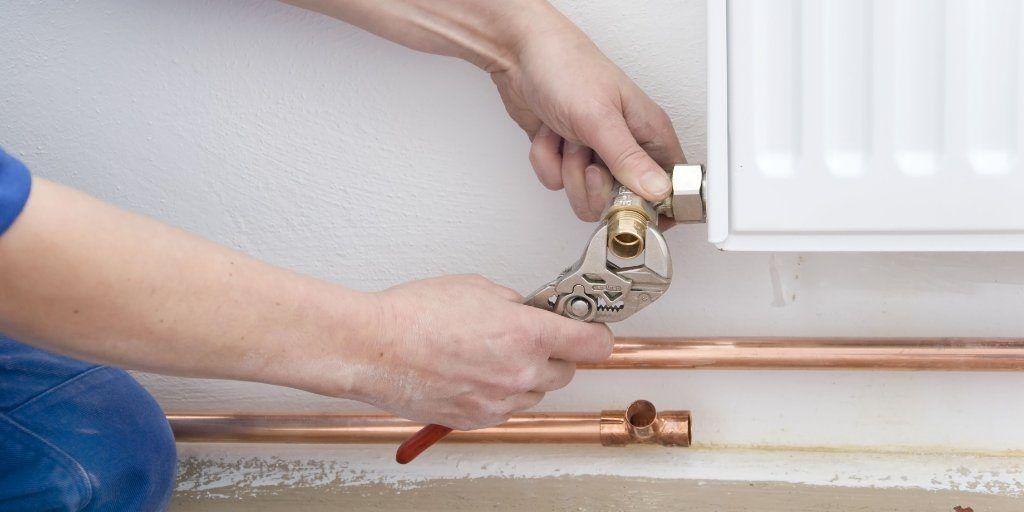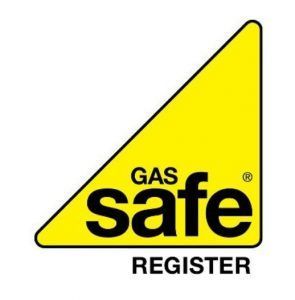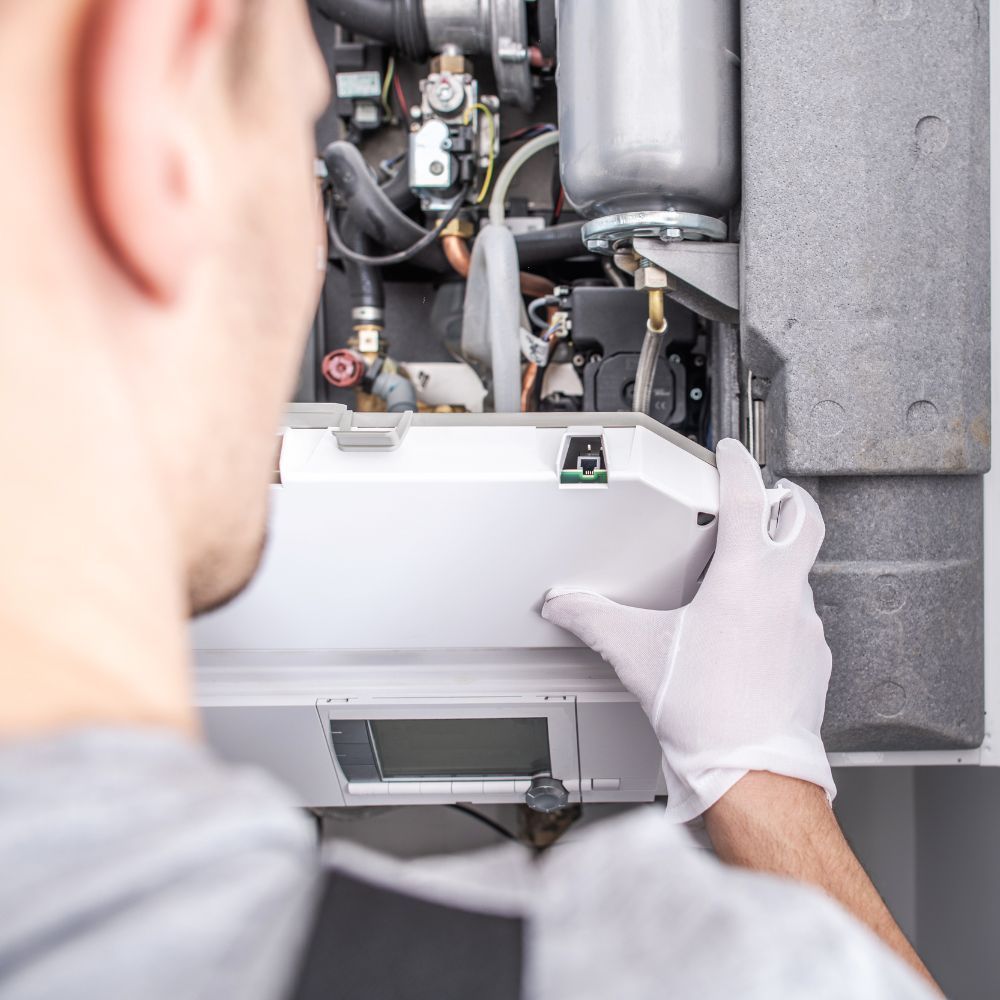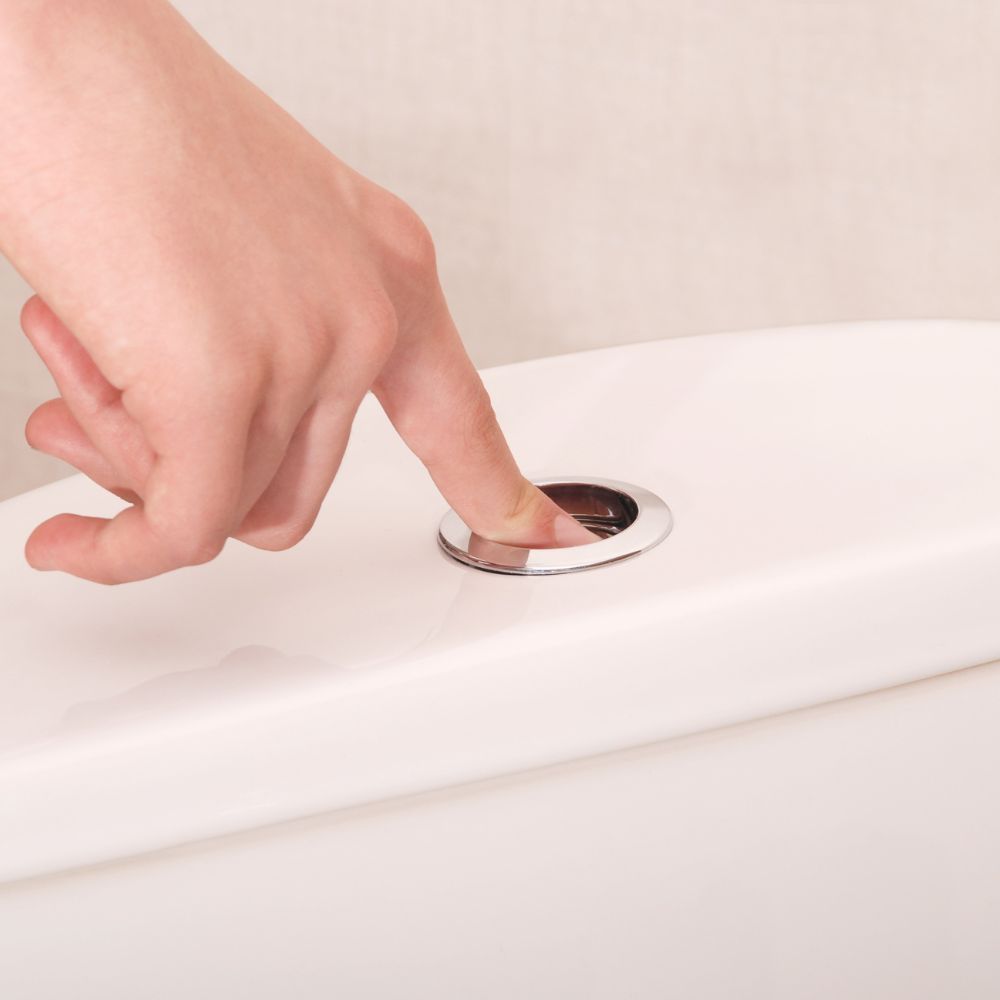How To Bleed a Radiator Without a Key
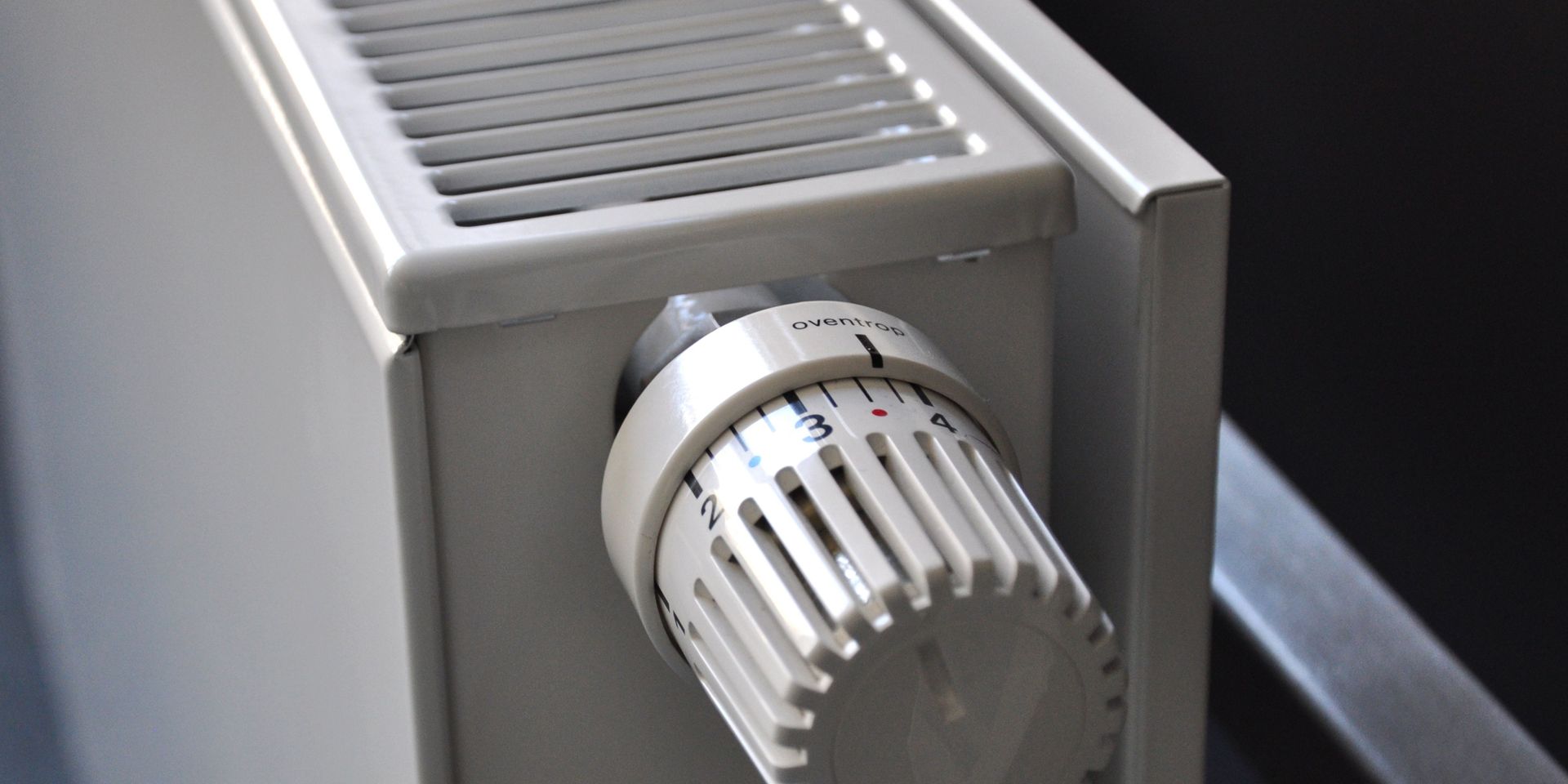
Winter is well and truly on our doorsteps, and we all need our heating systems and hot water to be running smoothly. So if you find that your radiators aren’t heating up correctly, the room feels cold even with the heating turned up, or the radiators you have are cold to the touch at the top, then the first thing to try is bleeding your radiators. Learning how to bleed radiator without key is a handy skill to have, especially when the colder months arrive.
When air becomes trapped inside the radiator, it can affect the performance of the unit and result in a partially heated or cold room. This occurs from time to time, but as it’s not every day, frequently people misplace or lose their radiator key. Before you give up, there are a few substitutes that you can use to get the job done and successfully
bleed radiator without key
with
Aquatek Services.
Methods to Bleeding a Radiator Without a Key
There are a few different things you can try if you lose your radiator key. Some items you probably have around the house can be used for the job instead.
It’s important to know what these are and how you can bleed radiator without key in case you experience problems with your heating this autumn and winter.
Use a flathead screwdriver if you have one to hand. This will work if your bleed plug has a small indent in the top - not all models do. If you can see a slit there, it’s worth trying a flathead screwdriver first. After positioning a tray or a bowl underneath, pop the head of the screwdriver into the slot and give it a turn anti-clockwise. There should be a hissing noise to let you know air is escaping the radiator.
Equally, there are some things which can cause more damage that you should never reach for, such as crosshead screwdrivers or pliers. These tools seem as if they would be well suited to the job, but in fact they have the potential to cause a lot of issues. For example, pliers may seem like they can help you to grip onto the radiator valve, but they can easily cause chipping and nicking to the screw itself. This could mean that you can no longer close the valve, or that next time you want to bleed the radiator you can’t open it, so it should be avoided at all costs. The same is true of using a crosshead screwdriver, which can also cause damage to the valve.
Radiator Key Guide
You may wonder, are radiator keys universal? The radiator key that you need can vary - and surprisingly, a lot of it may be to do with the age of your home or more specifically, its heating system.
With newer models of radiators, most keys are standardised. This means you can easily source a key that will work if you have no radiator key.
If you live in a period property and the heating system has not been updated, you may find that things are imperial rather than metric. This can apply to radiators over 30 years old. In this case, newer radiator keys may not fit. These work on a number scale from 000 to 16, which can seem confusing.
Using a clock key can actually work in these cases, as the same scale is used. Luckily, clock keys usually come in a pack containing different sizes, so you can find one to fit.
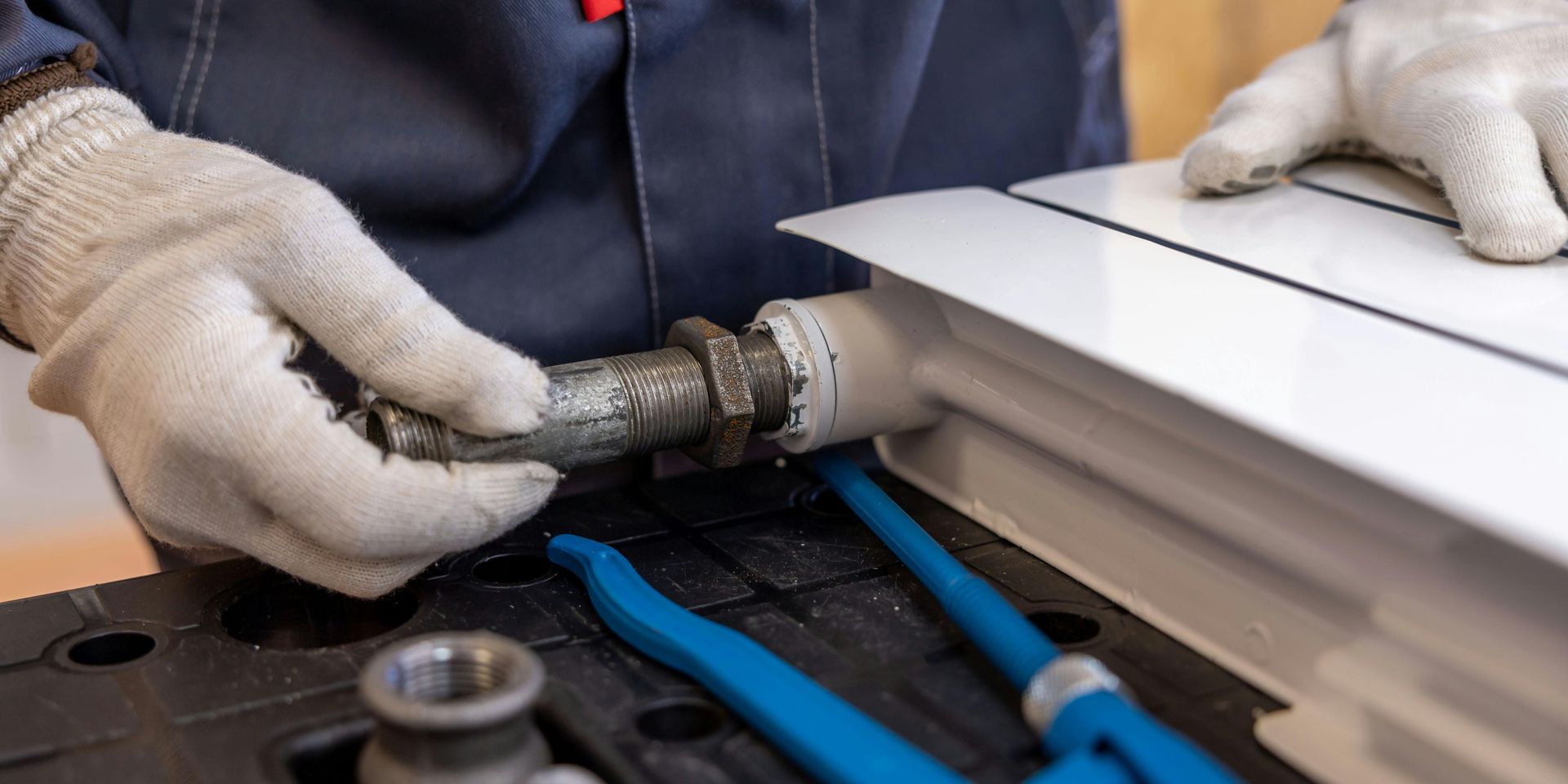
Universal Radiator Key Guide
If your radiators need it, you can look for a universal radiator key. These keys have three parts:
- A hexagonal-shaped shaft for internal hexagon valve tails
- A tapered shaft with grooves that can help with the fix or removal of internally lugged tail valves
- A square end that helps to fix square section bleed plugs and blanking plugs
- A sliding handle
- End caps to prevent the handle from falling out of the hole
Your universal radiator key has three profiles, which refers to the shapes that lock into the valve tails and plugs to open or close them. The two main profiles are tapered and self-restricting. That means that when you push the tapered profile into the valve tail as far as you can get it, it will fit different diameters from 12 up to 14 millimetres.
You can use it for internal hexagonal shapes, either tapered or straight, and internal lug, or ‘bayonet’ tails, with variations in size.
Universal radiator keys are usually made from high-tensile steel, which is extra strong and can withstand a lot of pressure. Give us a call today for more information.
